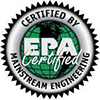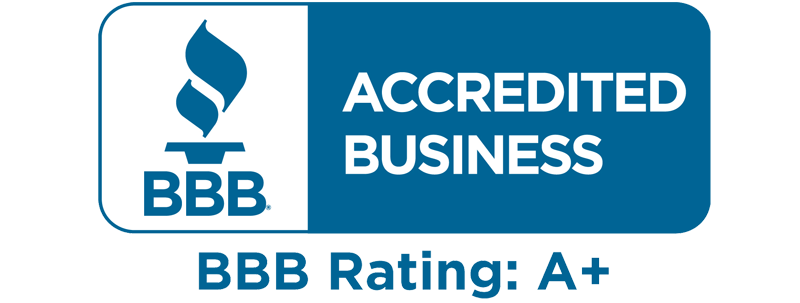Commercial HVAC systems require regular maintenance and periodic tune-ups. In today’s post, local company Dittmer Air Conditioning & Heating discusses why seasonal HVAC system tune-ups are important to commercial HVAC systems.

What Do HVAC Tune-Ups Do?
Tune-ups are part of your HVAC maintenance routine. Commercial buildings often require constant heating and cooling, particularly businesses that provide 24-hour services. Sensitive equipment such as servers and cold storage rooms have higher-than-normal requirements, and a breakdown could result in disruptions or wasted product.
Regular tune-ups can help ensure full efficiency at all times and prevent sudden breakdowns, which will generally cost you more than a simple HVAC repair. In addition, the disruption caused by a malfunctioning HVAC system can result in loss of revenue or damage to equipment. Tune-ups can also help improve long-term HVAC performance and reduce maintenance costs, as well as energy usage.
What Happens During an HVAC Tune-Up?
The first step in a standard HVAC tune-up routine is a complete system inspection, which includes the ductwork and outdoor units. Sometimes an HVAC contractor may send several technicians to cover large areas. Depending on the technician’s findings, some or all of the following will be performed:
• Thermostat and control calibration — This helps ensure your thermostats provide accurate readings and respond to your settings.
• Applying lubrication on moving parts — Fans and blowers need to be cleaned and lubricated to prevent jammed motors, which can lead to overheating.
• Electrical inspection and repair — HVAC technicians are also trained electricians, which is essential in making certain your building is free from electrical hazards.
• Clearing the condensate drain lines — Clogged condensate drain lines can cause water to back up into the HVAC system. HVAC technicians are trained to unclog these lines and ensure the moisture ends up in the drain pan.
• Check refrigerant level and pressure — HVAC systems need to have the right level of refrigerant, under the right pressure levels. Too little refrigerant as a result of a leak in the refrigerant lines can result in the HVAC system being pushed to the limit in order to produce minimum heating and cooling.
• Clean the evaporator and condenser coils — Evaporator and condenser coils are more efficient when they’re not covered in dust and grime. Cleaning these components is a fairly simple process, though care must be taken to prevent damage to the aluminum radiator fins.
• Check the fuel system — If your building is equipped with a fuel-based heating system, additional steps will be taken to make sure it’s shut down properly for the next heating season. Leftover fuel must not be left in the tank, otherwise contaminants may cause problems when the heating system is turned back on.
Dittmer Air Conditioning & Heating is your leading provider of residential and commercial HVAC services, including HVAC tune-ups and heat pump repair. Give us a call at (321) 637-0170. You can also fill out our contact form to schedule an appointment.










